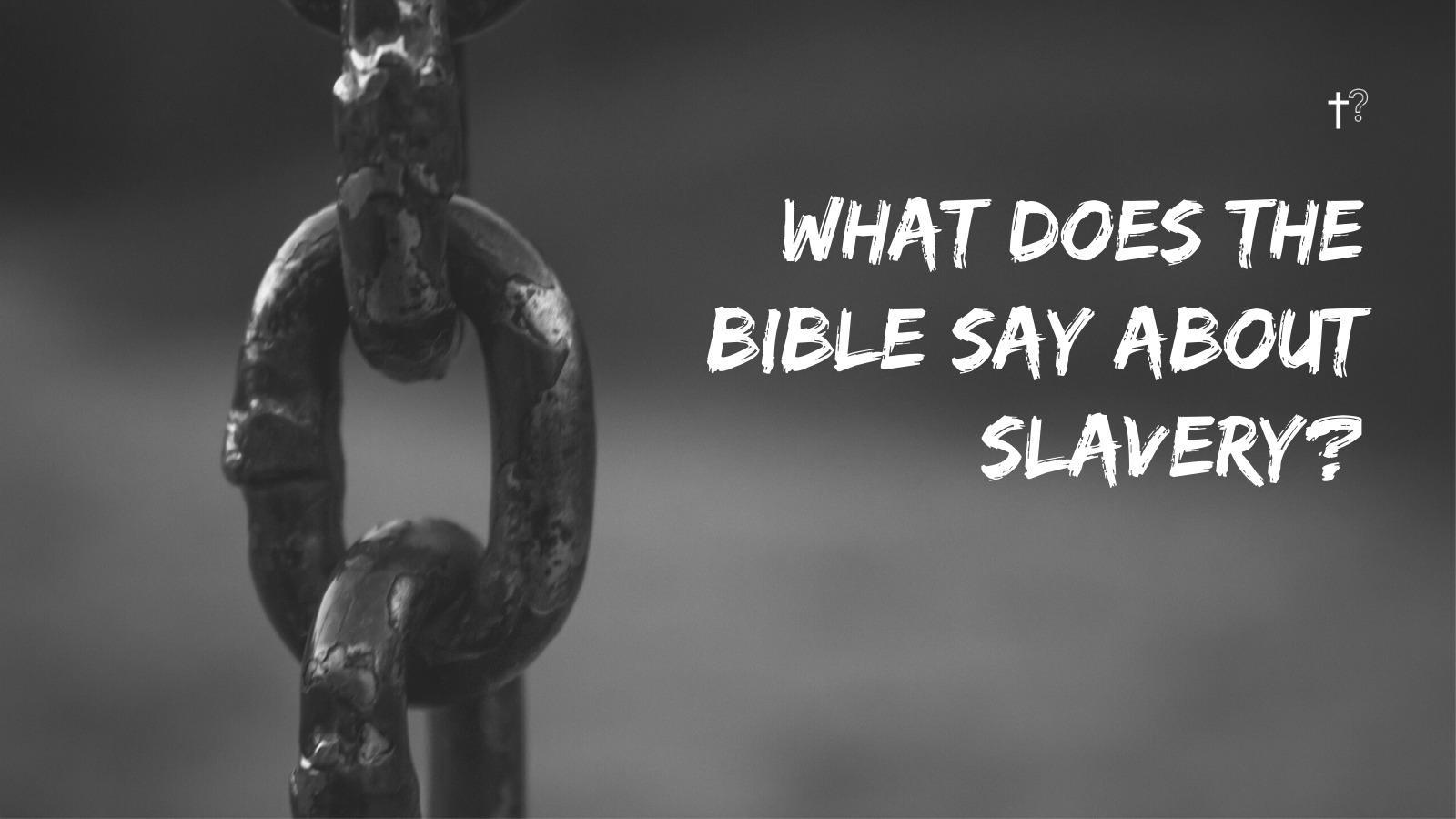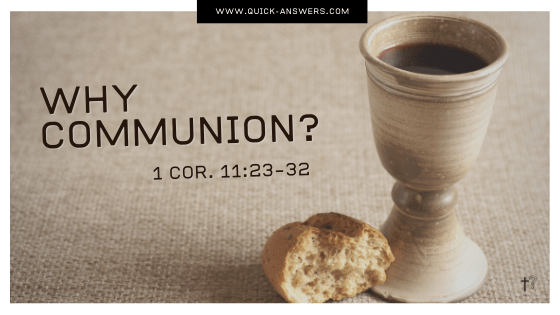What does the Bible say about slavery?
Critics claim that the Bible authorizes and approves of slavery and, therefore, begin to disregard the scriptures from an ethical standpoint.
Before we move further, we first need to understand that the Bible acknowledges the existence of slavery but never endorses or encourages it.
Secondly, the Hebrew slaves under the Mosaic law noted recorded in the Bible were treated as humans, not property. They were allowed to work their way to freedom, which was in distinct contrast from the Semitic cultures of the day.
Exodus 21:2 (NKJV)
If you buy a Hebrew servant, he shall serve six years; and in the seventh he shall go out free and pay nothing.
Likewise, servants had to be treated with respect.
Exodus 21:20 (NKJV)
“And if a man beats his male or female servant with a rod, so that he dies under his hand, he shall surely be punished.
Exodus 21:26 (NKJV)
“If a man strikes the eye of his male or female servant, and destroys it, he shall let him go free for the sake of his eye.
Coming to the New Testament scriptures, some critics use the book of Philemon chapter 16 to show that the Bible upholds slavery because Paul seems to support it when he sent a runaway slave, Onesimus, back to his owner.
But this is not the case.
A closer look at Philemon reveals that Paul did not perpetuate slavery. In reality, he undermined it, for he urged Philemon, the slave owner, to treat Onesimus as “a beloved brother.”
Paul even declared that in Christianity, “there is neither slave nor free…for you are all one in Christ Jesus” (Galatians 3:28).
When it comes to Christ’s outlook of us, all social classes are broken down as we are all equal before God.
When it comes to Christ's outlook of us, all social classes are broken down as we are all equal before God.
SEE SIMILAR QUESTIONS




